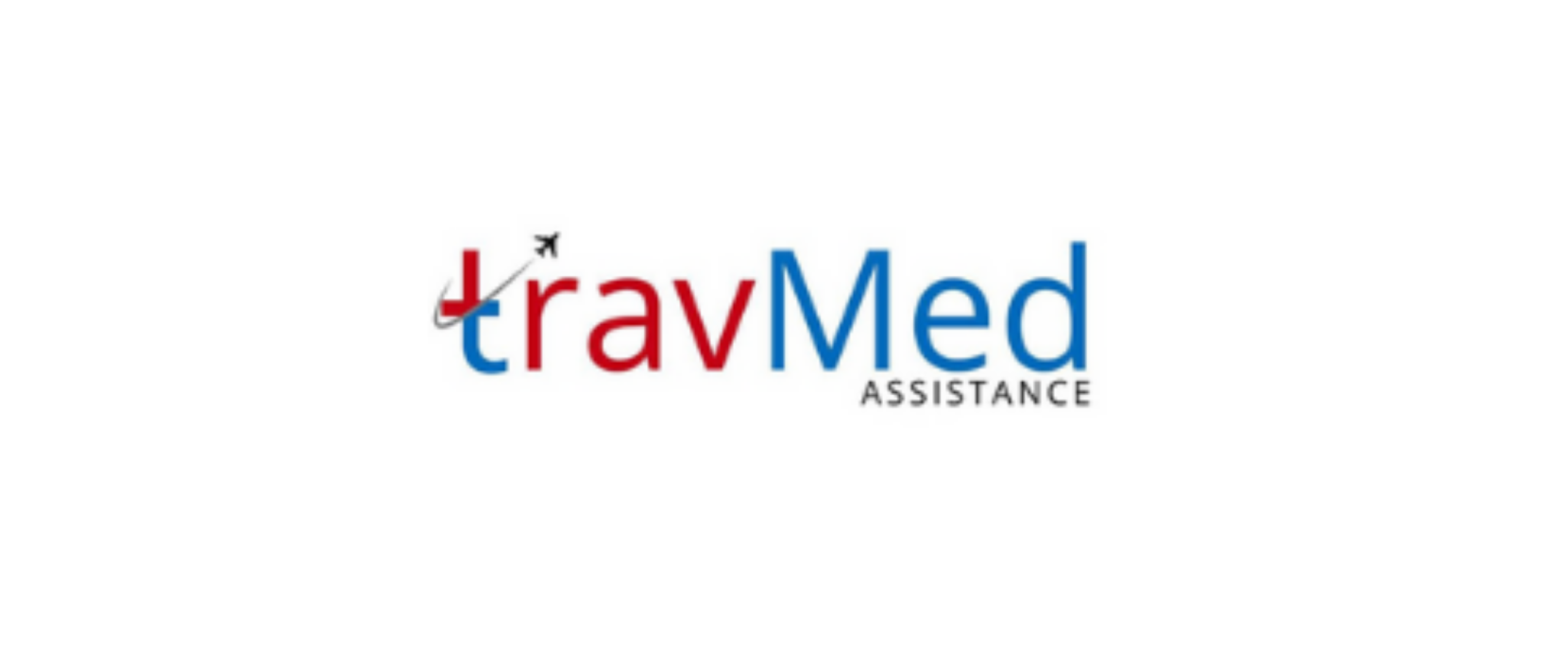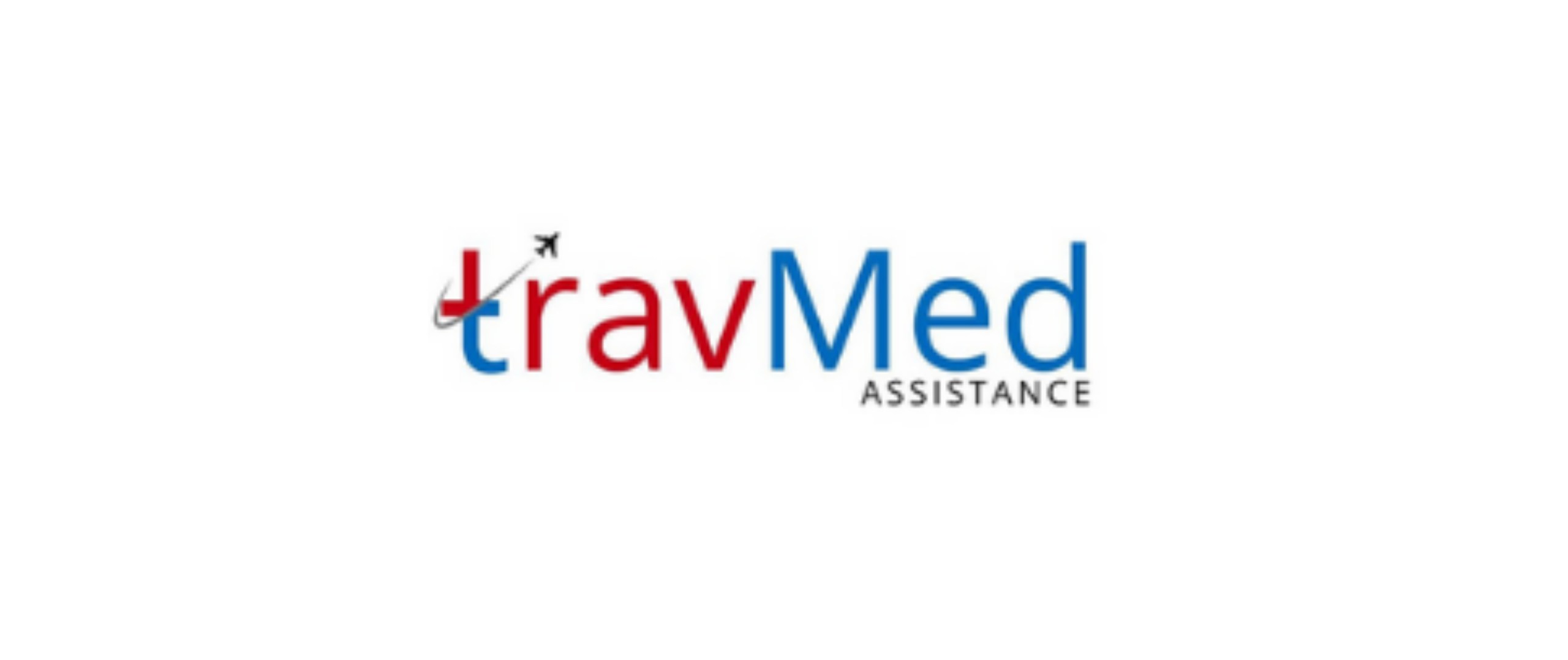
What is the process of repatriation of mortal remains?
The repatriation of mortal remains from Nepal involves a series of steps to transport a deceased person’s body back to their home country. This process begins with the notification of death to the relevant authorities, including the local police and the embassy or consulate of the deceased’s home country. The next step involves obtaining necessary documentation, such as the death certificate and embalming certificate. The body is then prepared for international transport, which includes embalming and placement in a hermetically sealed coffin. Once all paperwork is complete and the body is prepared, it is transported via air cargo to the destination country. Throughout this process, coordination between funeral homes, airlines, and government agencies is essential to ensure a smooth and respectful repatriation.
Who handles the repatriation of mortal remains?
Several entities are involved in handling the repatriation of mortal remains from Nepal:
- Local authorities (police, hospitals)
- Embassy or consulate of the deceased’s home country
- Funeral homes or mortuary services in Nepal
- International airlines for transportation
- Customs and immigration officials
- Travel insurance companies (if applicable)
- Specialized repatriation service providers
These organizations work together to manage the legal, logistical, and administrative aspects of the repatriation process. The embassy or consulate often plays a central role in coordinating efforts and providing guidance to the deceased’s family. Funeral homes in Nepal handle the preparation of the body, while airlines and customs officials manage the international transport. In many cases, travel insurance companies or specialized repatriation services oversee the entire process, acting as a liaison between all involved parties.
How does the repatriation process work in Nepal?
The repatriation process in Nepal follows a specific sequence of events:
- Death notification to local authorities and embassy
- Obtaining a death certificate from local authorities
- Embalming of the body at a local mortuary
- Securing an embalming certificate
- Obtaining a No Objection Certificate from the District Administration Office
- Acquiring necessary clearances from the Ministry of Foreign Affairs
- Preparing the body for international transport (hermetically sealed coffin)
- Arranging air cargo transport with an international airline
- Completing customs and immigration formalities
- Transporting the body to the airport and loading onto the aircraft
Throughout this process, constant communication is maintained between the family, embassy, local authorities, and service providers. The embassy often assists in navigating local bureaucracy and ensuring all requirements are met. It’s worth noting that the process may vary slightly depending on the specific circumstances of the death and the requirements of the destination country.
What documents are required for repatriation?
The repatriation of mortal remains from Nepal requires several essential documents:
- Original death certificate issued by local authorities
- Embalming certificate from the mortuary
- No Objection Certificate from the District Administration Office
- Clearance from the Ministry of Foreign Affairs
- Passport of the deceased
- Visa or travel documents of the deceased
- Letter from the embassy requesting repatriation
- Police report (in case of unnatural death)
- Autopsy report (if applicable)
- Cremation certificate (if the body is cremated)
- Airway bill for air cargo transport
- Customs declaration forms
These documents serve various purposes, from legal requirements to facilitating international transport. The death certificate and embalming certificate confirm the individual’s death and proper preparation of the body. The No Objection Certificate and clearance from the Ministry of Foreign Affairs are Nepal-specific requirements that allow the body to leave the country. The deceased’s travel documents and embassy letter establish identity and authorize repatriation. In cases of unnatural death, additional documentation like police reports and autopsy results may be necessary to clarify the circumstances of death.
How much does repatriation of remains cost?
The cost of repatriating mortal remains from Nepal can vary significantly depending on several factors:
- Distance to the destination country
- Method of transport (air cargo is most common)
- Embalming and mortuary services
- Type of coffin or container used
- Administrative fees for documentation
- Customs and handling charges
On average, the cost can range from $3,000 to $10,000 USD or more. For example, repatriation to neighboring countries like India may cost less, while repatriation to Europe or the Americas can be more expensive due to increased distance and complexity. It’s worth noting that these costs can be a significant financial burden for families. However, many travel insurance policies cover repatriation expenses, which can greatly alleviate this financial stress. Some countries also offer assistance programs to help cover repatriation costs for their citizens. It’s advisable to check insurance coverage and available assistance programs when traveling internationally.
How long does the repatriation process take?
The duration of the repatriation process from Nepal can vary depending on several factors:
- Cause of death (natural vs. unnatural)
- Efficiency of local authorities in issuing documents
- Availability of flights to the destination country
- Customs and immigration procedures
Typically, the process takes between 5 to 10 days from the time of death to the arrival of the body in the home country. In cases of natural death with all documents readily available, the process might be completed in as little as 3-5 days. However, if an autopsy is required or if there are complications with documentation, it could take up to two weeks or more. Weekends and public holidays in Nepal can also extend the timeline. It’s important to note that the embassy or consulate often works to expedite the process as much as possible, recognizing the emotional stress on the family. Regular communication with all involved parties can help ensure the process moves as quickly as possible while still adhering to all necessary legal and logistical requirements.
Are services available for foreign nationals in Nepal?
Repatriation services are indeed available for foreign nationals in Nepal. The country recognizes the need for these services due to its popularity as a tourist destination and the presence of expatriate communities. Several entities provide assistance:
- Embassies and consulates of foreign countries
- International funeral homes with branches in Nepal
- Specialized repatriation service providers
- Travel insurance companies with global assistance networks
These organizations offer comprehensive services, including liaison with local authorities, arrangement of necessary documentation, body preparation, and international transport. Many operate 24/7 helplines to assist families and travelers in emergencies. It’s worth noting that the quality and extent of services can vary, so it’s advisable to work with reputable providers, preferably those recommended by embassies or well-known insurance companies. Some providers also offer additional services such as translation, legal assistance, and counseling for bereaved families. The availability of these services underscores Nepal’s commitment to supporting foreign nationals even in the most challenging circumstances.
How reliable are repatriation service providers?
The reliability of repatriation service providers in Nepal generally ranges from good to excellent, particularly for well-established companies. Factors contributing to their reliability include:
- Experience in handling international repatriations
- Knowledge of local and international regulations
- Established relationships with authorities and airlines
- 24/7 availability for emergencies
- Transparent communication throughout the process
- Adherence to international standards for body preparation and transport
Reputable providers often have partnerships with global assistance networks, ensuring consistent service quality. However, it’s important to note that reliability can vary among providers. To ensure reliability, it’s advisable to:
- Check reviews and testimonials from previous clients
- Verify the provider’s credentials and certifications
- Confirm their experience with repatriations to your specific country
- Ensure they offer clear, detailed explanations of their processes and fees
Embassies and consulates can often recommend reliable service providers based on their experience. Additionally, major international insurance companies typically work with vetted, reliable repatriation services, adding an extra layer of assurance for travelers with comprehensive insurance coverage.
How do I arrange repatriation for deceased travelers?
Arranging repatriation for deceased travelers in Nepal involves several steps:
- Contact the embassy or consulate of the deceased’s home country
- Notify the deceased’s travel insurance provider, if applicable
- Choose a reputable repatriation service provider
- Provide necessary information about the deceased (passport details, circumstances of death)
- Authorize the repatriation process in writing
- Provide details of the receiving funeral home in the home country
- Arrange for payment of repatriation costs (if not covered by insurance)
- Stay in regular contact with the service provider for updates
- Prepare for the arrival of the body in the home country
It’s crucial to start this process as soon as possible after the death occurs. The embassy can provide invaluable assistance in navigating local procedures and recommending reliable service providers. If the deceased had travel insurance, the insurance company often takes charge of arrangements, significantly simplifying the process for the family. In cases where insurance doesn’t cover repatriation, families may need to explore options for financial assistance or consider local cremation with repatriation of ashes, which is typically less expensive. Throughout the process, clear and frequent communication with all involved parties is essential to ensure a smooth and respectful repatriation.
Are services available 24/7 in Nepal?
Yes, repatriation services are available 24/7 in Nepal, recognizing that deaths can occur at any time and that timely response is crucial. Key points about 24/7 availability include:
- Many repatriation service providers operate round-the-clock helplines
- Emergency contacts at embassies and consulates are typically available after hours
- Major hospitals in urban areas like Kathmandu have mortuary services available at all times
- International assistance networks associated with travel insurance companies offer 24/7 support
This constant availability ensures that the repatriation process can begin promptly, regardless of when a death occurs. It’s particularly important in cases of sudden or accidental death, where quick action may be necessary. However, it’s worth noting that while initial contact and emergency procedures are available 24/7, some aspects of the process (such as document issuance by government offices) may still be limited to regular business hours. Despite this, having 24/7 access to guidance and support can significantly reduce stress for families dealing with the loss of a loved one in a foreign country.
How is the safety and dignity of remains ensured?
Ensuring the safety and dignity of mortal remains during repatriation from Nepal is a top priority for all involved parties. Several measures are taken:
- Professional embalming to preserve the body
- Use of high-quality, hermetically sealed coffins for transport
- Strict adherence to international air transport regulations
- Careful handling and storage of the body at all stages
- Respect for cultural and religious practices where possible
- Maintaining the chain of custody throughout the process
- Regular updates to the family on the status of the repatriation
Reputable repatriation services in Nepal follow international standards for body preparation and transport. This includes using appropriate preservation techniques to ensure the body arrives in the best possible condition. The hermetically sealed coffins prevent any leakage and protect the body during transit. Airlines have specific cargo areas designed for the transport of human remains, ensuring proper handling and storage during the flight. Throughout the process, the dignity of the deceased is maintained through respectful handling and adherence to any specific wishes expressed by the family. This commitment to safety and dignity helps provide some comfort to grieving families during a difficult time.
How do I contact repatriation service providers?
Contacting repatriation service providers in Nepal can be done through several channels:
- Direct contact via phone or email (many have 24/7 hotlines)
- Through the embassy or consulate of the deceased’s home country
- Via travel insurance companies or global assistance networks
- Through local hospitals or funeral homes in Nepal
- Online platforms specializing in international repatriation services
When contacting a provider, be prepared to provide:
- Basic information about the deceased (name, nationality, passport number)
- Details about the circumstances of death
- Contact information for the next of kin
- Information about any applicable travel insurance
It’s advisable to contact multiple providers to compare services and costs. Many providers offer free consultations to explain their services and provide initial guidance. Remember to verify the credibility of the provider before engaging their services. Embassies and reputable travel insurance companies can often recommend reliable repatriation service providers based on their experience. Prompt contact with a provider can help initiate the repatriation process quickly, ensuring a smoother and more efficient experience during a challenging time.


